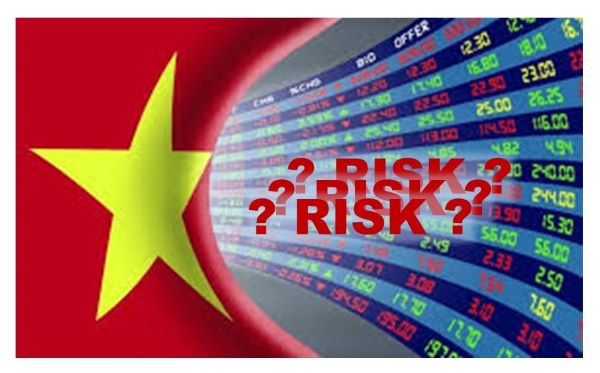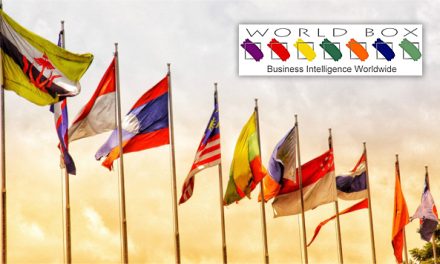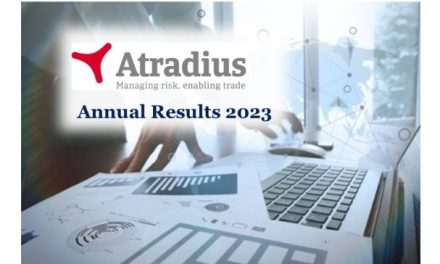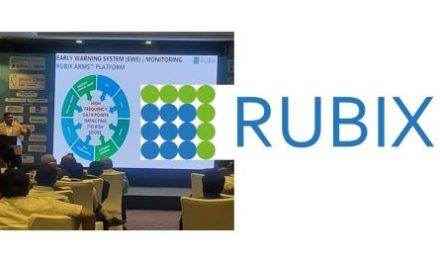The potential legal risks for FDI were emphasized at the seminar “Investment Dispute Reconciliation: Investment Promotion and Protection Perspective”. The workshop was organized by the Vietnam Mediation Center.
Mr. Phan Trong Dat, Standing Deputy Director of VMC (Vietnam Mediation Center) said that in recent years, Vietnam has entered into many agreements which encourage and protect investment, free trade agreements and many other multilateral agreements governing investment relations with international organizations and countries around the world. Participating in these agreements is of great significance in contributing to attracting and strongly increasing foreign investment capital sources into Vietnam.
However, this also entails many potential risks leading to disputes arising between foreign investors and Vietnamese state agencies.
Normally, these disputes, if not negotiable, will be resolved by international arbitration that offers many advantages but also poses many controversial issues including the neutrality of the arbitral tribunal or national sovereign concerned. Therefore, recently, the conciliation trend has been increasingly popular and identified as an effective method of dispute settlement for international investment disputes.
Lawyer Phung Anh Tuan, CEO of VCI Legal Law Firm, VMC Mediator, emphasized that the investment protection mechanism for investors outlined in many different Investment Protection Agreements (IPAs) is often easily ignored. In particular, according to IPAs, foreign investors have the right to use international jurisdictions to settle investment disputes, including the ISDS mechanism.
However, he noted that, with 67 Bilateral Investment Agreements (BITs) and 25 Treaties with investment provisions (TIPs), each of which offers a different level of investment protection, one of the things that investors should consider at the pre-investment stage in Vietnam is choosing the right nationality.
This means that, investors, especially multinational companies, can choose their investment nationality in Vietnam. It is obvious that the review of the terms and conditions of the IPA will partly help investors choose the most profitable direction when investing in Vietnam.
Mr. Tuan also emphasized that the World Bank’s MIGA-EIU political risk survey had shown that more than 25% of investors believe that political risks have caused them to withdraw from existing investment activities or cancel planned projects. These risks are usually caused by the host government that has made adverse legal changes, breaches the contract, or restricts profits and currency conversions.
This partly results in hindrance to new potential investors. Therefore, minimizing risks at the initial stage is very important. It not only helps to attract, retain and expand investment, but also to prevent disputes between investors and the government of the host country.
Obviously, there always exist potential legal risks in investment activities. This is also the basis for countries to discuss and regulate the scope of investment protection. This scope is often involved in nondiscrimination, profit / currency exchange operations, fair and equal treatment, protection against nationalization and dispute resolution.
For dispute resolution, one of the things that investors need to focus on is the statute of limitations and the extent of protection. Some IPAs that Vietnam participates in have provisions that parties cannot sue in international arbitration after a certain statute of limitations. For example, the ASEAN Comprehensive Investment Agreement stipulates that the statute of limitations for lawsuit mentioned above is 3 years from the time the investor first became aware of or required to be aware of the breach / loss or damage.
In addition, to be able to initiate a lawsuit under the ISDS mechanism or other dispute resolution methods, investors should also pay attention to compliance and meet necessary conditions before filing a lawsuit.
“In addition to the ISDS mechanism, bringing investment disputes to settlement in the form of commercial arbitration or commercial mediation from the beginning should also be a consideration as this will contribute significantly to reducing tension”, Mr. Tuan emphasized.
Writer: Bonny Le – VietnamCredit


























